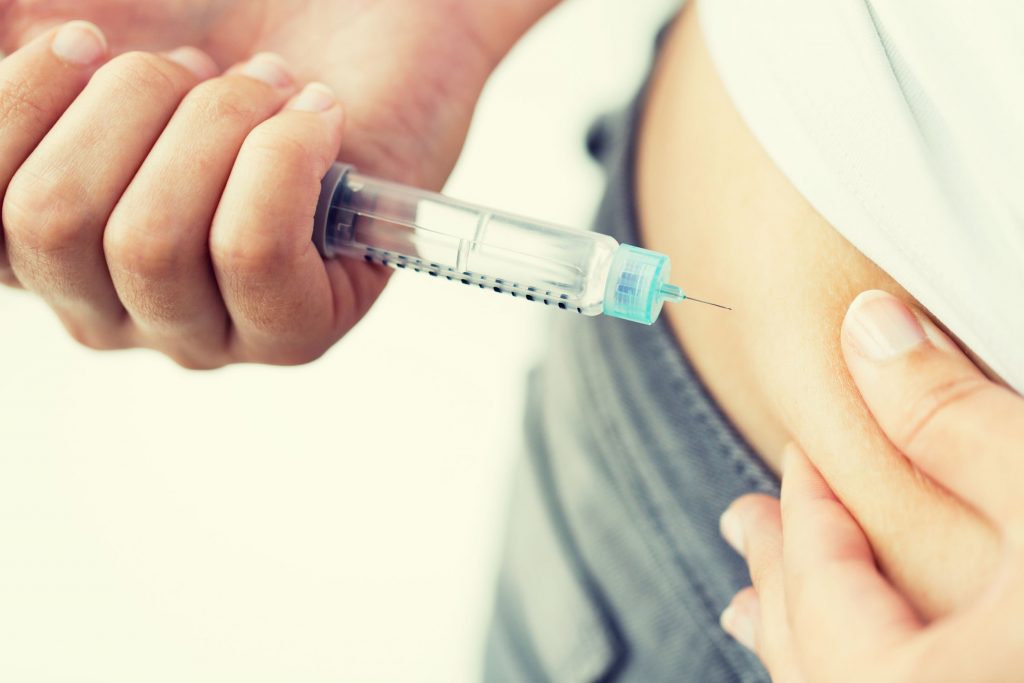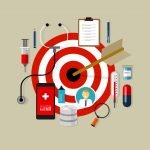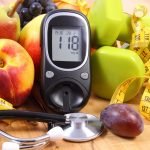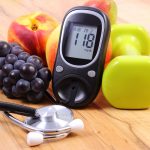Node Smith, ND
Hospitalizations for a feared complication of diabetes, diabetic ketoacidosis (DKA), rise sharply as adolescents transition to adulthood in the U.S, but not in Canada, according to a new study published May 8 in the Journal of General Internal Medicine. DKA can generally be prevented with regular use of insulin. The increased DKA rate in the U.S. occurs around age 18, a time when many adolescents change or lose insurance coverage, a disruption that places them at risk for skipping medical visits or being unable to afford insulin.
Hospitalization rate soared by 90% in the U.S., but only rose 23% in Canada
The study, conducted by an international team of researchers at the Harvard Medical School, Cambridge Health Alliance, the City University of New York at Hunter College, and the University of Manitoba in Canada, analyzed nearly 170,000 hospitalizations in the U.S. and 1,300 in Manitoba, Canada. Among teenagers, the investigators found, the DKA hospitalization rate was slightly higher in the U.S. compared to Manitoba. However, as teenagers became young adults, the hospitalization rate soared by 90% in the U.S., but only rose 23% in Canada.
“The U.S. health care system is failing far too many patients, including those with diabetes,” noted lead author Dr. Adam Gaffney, an instructor at Harvard Medical School and a pulmonary and critical care physician at Cambridge Health Alliance. “In America, 29 million are uninsured, while far more face unaffordable deductibles or sky-high drug costs–including for insulin. The consequences can be deadly.”
“Despite Obamacare, millions of Americans are uninsured, and the uninsurance rate is highest among young adults,” noted Dr. Andrea Christopher, lead author and a primary care doctor now at the University of Washington School of Medicine. “Even with insurance, drug copayments are often so high that young people with diabetes can’t afford the insulin they need to survive.”
Thousands die annually due to lack of insurance and/or rising costs
Dr. Steffie Woolhandler, study author and a distinguished professor of public health at CUNY’s Hunter College and lecturer in medicine at Harvard Medical School added, “We know from other studies that thousands die each year because they’re uninsured, and millions skip their medications because of costs. Meanwhile, drug companies have been hiking the price of insulin and other vital drugs in our country, charging twice as much as elsewhere. The combination of poor coverage and outrageous drug prices often lands patients in the hospital–or worse.”
Physicians for a National Health Program
 Node Smith, ND, is a naturopathic physician in Humboldt, Saskatchewan and associate editor and continuing education director for NDNR. His mission is serving relationships that support the process of transformation, and that ultimately lead to healthier people, businesses and communities. His primary therapeutic tools include counselling, homeopathy, diet and the use of cold water combined with exercise. Node considers health to be a reflection of the relationships a person or a business has with themselves, with God and with those around them. In order to cure disease and to heal, these relationships must be specifically considered. Node has worked intimately with many groups and organizations within the naturopathic profession, and helped found the non-profit, Association for Naturopathic Revitalization (ANR), which works to promote and facilitate experiential education in vitalism.
Node Smith, ND, is a naturopathic physician in Humboldt, Saskatchewan and associate editor and continuing education director for NDNR. His mission is serving relationships that support the process of transformation, and that ultimately lead to healthier people, businesses and communities. His primary therapeutic tools include counselling, homeopathy, diet and the use of cold water combined with exercise. Node considers health to be a reflection of the relationships a person or a business has with themselves, with God and with those around them. In order to cure disease and to heal, these relationships must be specifically considered. Node has worked intimately with many groups and organizations within the naturopathic profession, and helped found the non-profit, Association for Naturopathic Revitalization (ANR), which works to promote and facilitate experiential education in vitalism.
Node Smith graduated from the National University of Natural Medicine (NUNM) in 2017, and is currently licensed as a naturopathic physician in Oregon and working towards becoming licensed in Saskatchewan, Canada as well.





